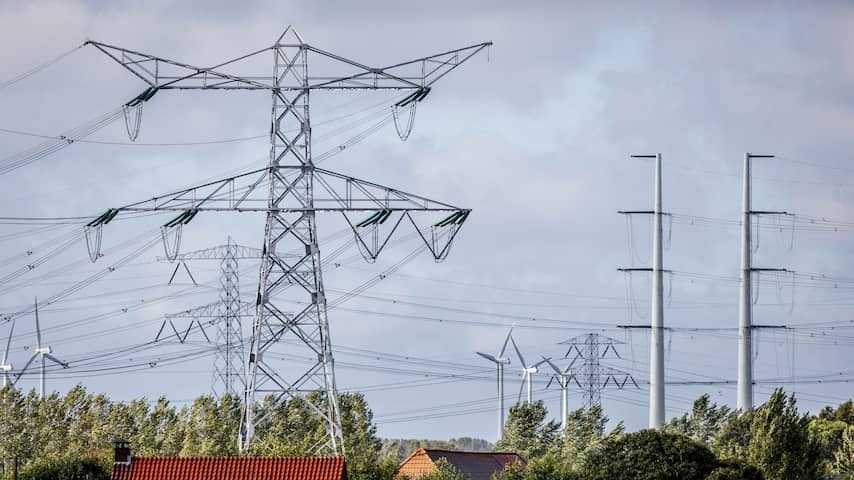
TenneT has invested 5.5 billion euros in the high-voltage grid of the Netherlands and Germany so far this year. That is over 900 million euros more than a year earlier. There are delays, but the grid operator expects the obstacles to be resolved.
By 2034, TenneT will invest a total of 200 billion euros in improving and expanding the power grid. Because the grid is being used more and more intensively, the risk of power shortages will increase after 2030. This overload, called grid congestion, can cause some users to be left without electricity.
Because the power grid is becoming increasingly busy, more and more companies have to wait until they can get a connection. Grid congestion also hinders the construction of new housing estates.
Although the Dutch state-owned company wants to speed up, various projects in the Netherlands have been delayed. TenneT mainly attributes this to time-consuming permit procedures and long delivery times for important components. According to the company, new agreements between TenneT and the government are an important step to prevent further delays.